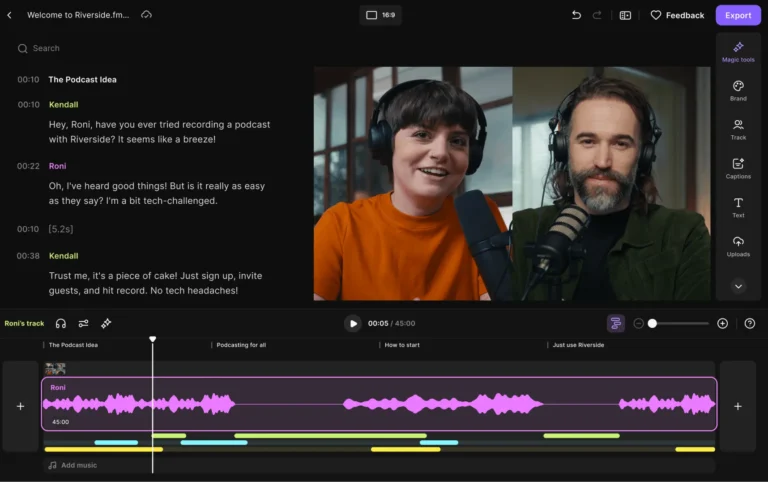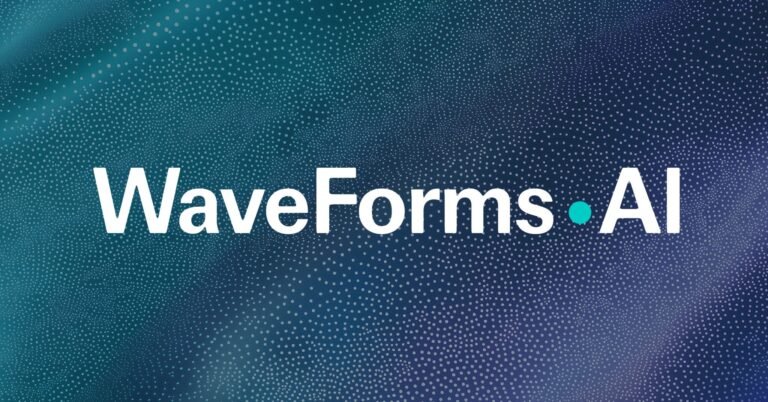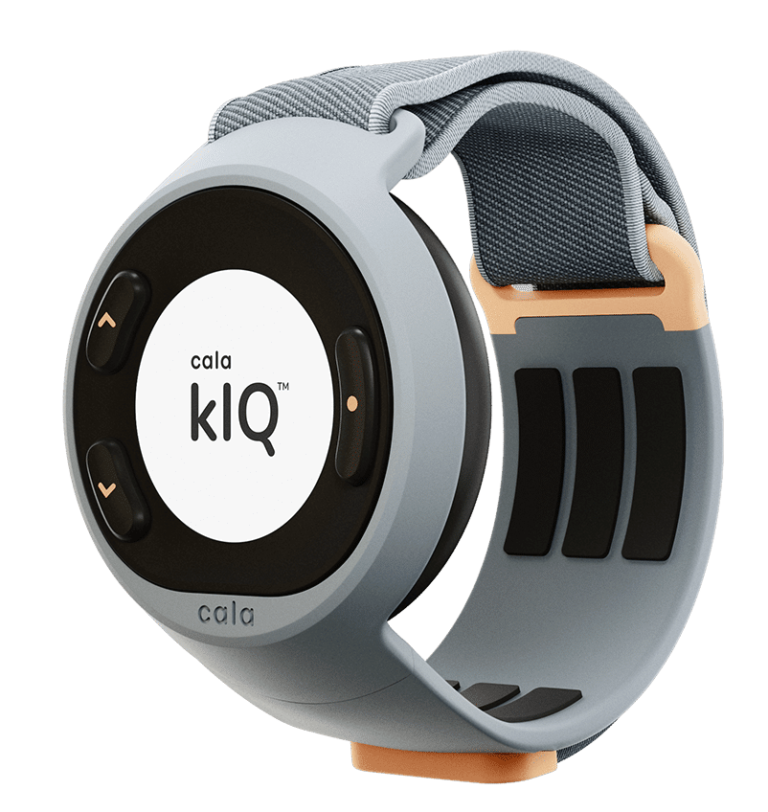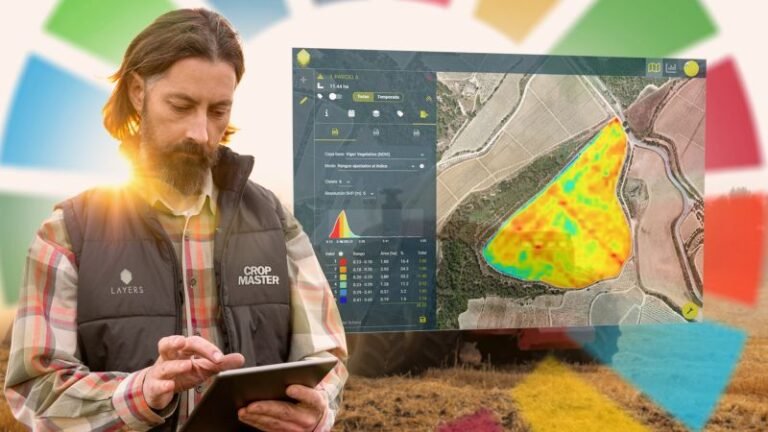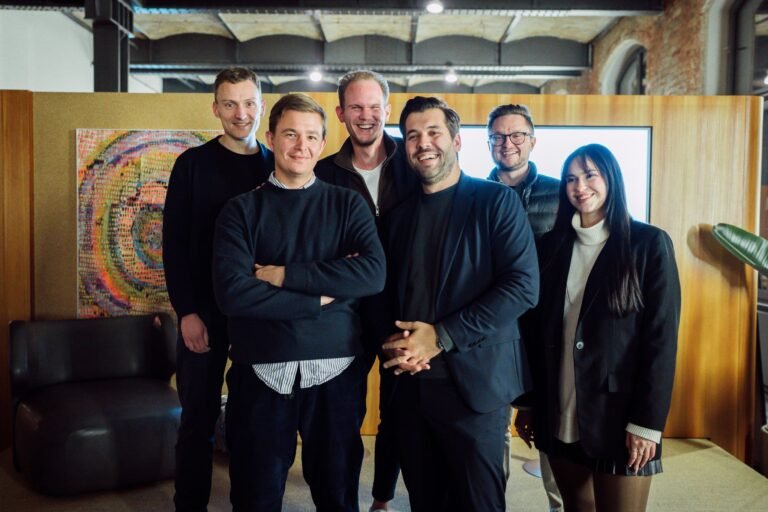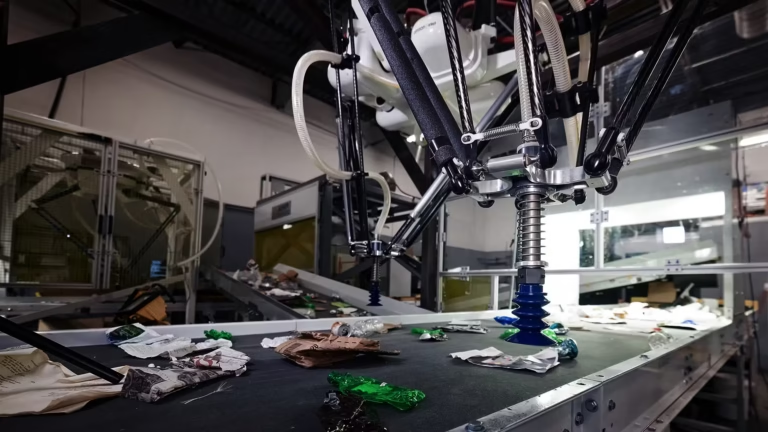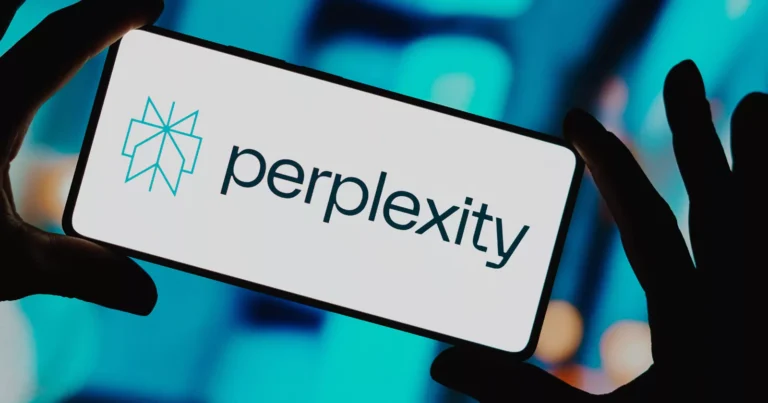Trending Article
Google upcoming android 16 release Q2 2025
For years, Google has adhered to a predictable pattern for releasing major updates to its Android operating system. Typically, the company would roll out new versions in the fall after an extensive developer and beta preview process. However, as we look ahead to 2025, that routine is set to undergo a significant transformation. Google has announced that the next major release, Android 16—codenamed “Baklava”—will debut in the second quarter rather than the third, marking a pivotal shift in how Android updates are managed.

A New Timeline for Android Updates
The decision to move the release of Android 16 to Q2 aims to better align with the launch schedules of various devices across Google’s ecosystem. The company stated that this change would enable more devices to receive the major update sooner, addressing a long-standing issue in the Android community: the delay that third-party manufacturers often face in rolling out updates. This problem has been a topic of discussion since at least 2016, with users expressing frustration over the inconsistency in how quickly devices receive the latest software.
Implications for Device Manufacturers
Under the new timeline, manufacturers will have the opportunity to launch new devices equipped with the latest version of Android right from day one. Previously, many users had to wait months—or even longer—for their devices to be updated after a major Android release. This delay often resulted in users feeling left behind, especially when new features and capabilities were introduced.
By shifting the release schedule, Google hopes to encourage manufacturers to adopt the latest software sooner, thereby enhancing the overall user experience across a wider range of devices. Google Pixel phones have historically been the first to receive updates, but now, with a more synchronized timeline, other manufacturers can join in, ensuring that users of non-Pixel devices are not at a disadvantage

Streamlined Update Process
In the new update schedule, Google will implement a major release in Q2, followed by a minor Software Development Kit (SDK) release in Q4. This minor release will resemble the current quarterly updates, which introduce new features without fundamentally altering the underlying systems. The combination of a major mid-year update and a follow-up in the fall allows developers to focus on optimizing their apps for new features more efficiently.
For instance, with the introduction of ongoing notifications—similar to the iPhone’s Live Activities—developers will have compelling reasons to support these new features right away, knowing that a broader array of devices will be able to utilize them almost immediately. This approach is designed to foster innovation and encourage developers to leverage new capabilities as they become available.
Enhancements to the Play Store Experience
Alongside the changes to the Android update schedule, Google is also making improvements to the Play Store. One notable feature will allow users to share their app preferences, enhancing the recommendation system for new applications. This feature mirrors an existing capability for games, where users can express their likes and dislikes to receive better suggestions.
By enabling this level of personalization, Google aims to make the Play Store a more engaging and user-friendly platform. Users will be able to discover apps that align more closely with their interests, leading to a richer and more satisfying experience.
Introducing Gemini AI Features in Android Studio
Another area where Google is making strides is in app development. The company is integrating more Gemini AI features into Android Studio, its integrated development environment (IDE). These enhancements will facilitate various tasks such as writing, refactoring, and documenting code in apps. By leveraging AI, developers can streamline their workflows, improve code quality, and ultimately create more robust applications.
The incorporation of AI tools into development processes reflects a broader trend in the tech industry, where artificial intelligence is increasingly being harnessed to improve efficiency and creativity. As developers adopt these tools, we can expect to see a surge in the quality and capabilities of apps available on the platform.
The Broader Impact of Android 16 “Baklava”
The changes accompanying the release of Android 16 “Baklava” are not merely logistical; they signify a broader shift in Google’s approach to software updates and user experience. By prioritizing speed and accessibility, Google is acknowledging the growing expectations of users in an increasingly competitive mobile landscape.
Addressing Fragmentation in the Android Ecosystem
One of the longstanding challenges facing Android has been fragmentation. With a multitude of devices from various manufacturers running different versions of the operating system, users often find themselves in a disjointed experience. This fragmentation can lead to inconsistencies in app performance, security vulnerabilities, and a lack of access to new features.
By adopting a more synchronized release schedule, Google is taking steps to mitigate these issues. A unified timeline means that more devices will run the same version of Android, leading to a more cohesive ecosystem. This consistency is crucial for developers, who can build and optimize their apps for a broader audience without worrying about version discrepancies.
Encouraging Developer Engagement
The move to a Q2 release schedule may also foster greater engagement from developers. When updates are rolled out in a timely manner, developers are more likely to stay current with the latest features and capabilities, leading to a more innovative app landscape. This dynamic can create a positive feedback loop, where developers feel empowered to experiment with new tools and features, further enhancing the user experience.
Moreover, the addition of AI tools in Android Studio could encourage more developers to create high-quality apps, as they can leverage advanced technologies to streamline their development processes. As the Android ecosystem evolves, the synergy between timely updates and developer innovation will be crucial in shaping the platform’s future.
What’s Next for Android Users?
As users anticipate the arrival of Android 16 “Baklava,” it’s important to recognize the significance of these changes. The new schedule not only promises quicker access to updates but also enhances the overall quality and experience of Android devices.
Preparing for the Transition
For users, the transition to a new update schedule means that they can look forward to more frequent enhancements and a more responsive operating system. It’s an opportunity to embrace the latest features and improvements sooner, leading to a richer and more satisfying user experience.
However, with any major change, there may be challenges to navigate. Users should stay informed about the rollout of updates and the specific features included in each release. By understanding what’s available, they can make the most of their devices and ensure that they are leveraging the latest capabilities offered by Android.
